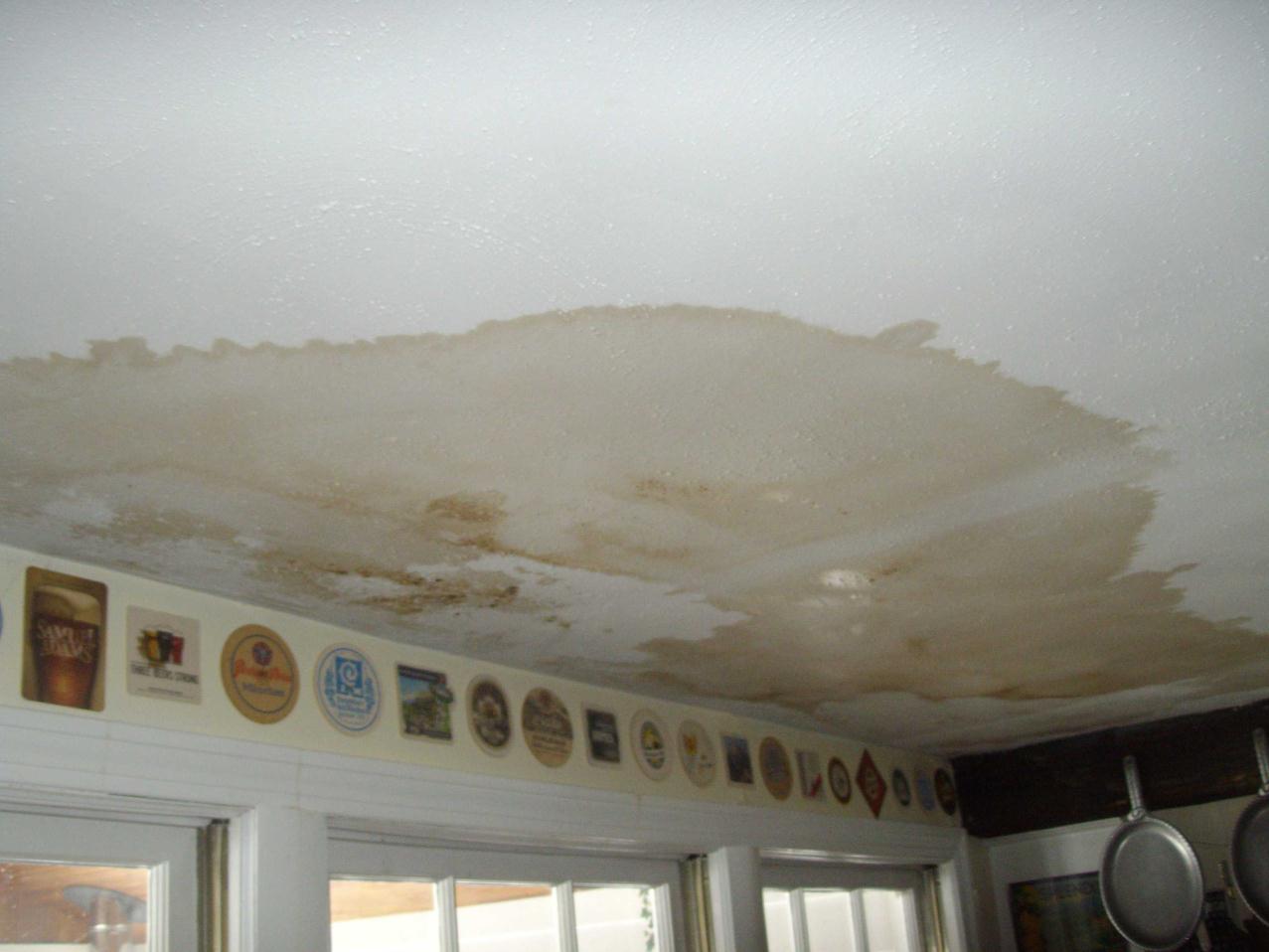Do's & Don'ts of Water Damages.
Do's & Don'ts of Water Damages.
Blog Article
The article which follows about Ways to Reduce The Risk Of Fire And Water Damage is definitely interesting. Read it yourself and decide what you think about it.

Water offers life, water invasion on components where it's not supposed to be can result in damage. Houses with water damage scent mildewy as well as old.
Water can come from numerous resources such as tropical storms, floodings, burst pipes, leaks, and also sewer problems. In case you experience water damages, it would certainly be good to understand some safety and security precautions. Right here are a couple of guidelines on just how to deal with water damages.
Do Prioritize Residence Insurance Policy Protection
Water damages from flood dues to hefty winds is seasonal. You can additionally experience a sudden flooding when a faulty pipe suddenly ruptures right into your home. It would certainly be best to have house insurance policy that covers both disasters such as all-natural catastrophes, as well as emergencies like broken plumbing.
Don't Fail To Remember to Shut Off Utilities
This cuts off power to your whole home, preventing electrical shocks when water comes in as it is a conductor. Do not forget to turn off the primary water line valve.
Do Stay Proactive and Heed Weather Alerts
Pay attention to emptying warnings if you live near a creek, river, or lake. Doing so lowers possible residential property damage.
Don't Ignore the Roof
You can prevent rain damages if there are no openings as well as leaks in your roofing. This will avoid water from flowing down your walls and also soaking your ceiling.
Do Take Notice Of Little Leakages
A ruptured pipe does not take place overnight. Normally, there are red flags that indicate you have damaged pipes in your home. As an example, you may discover bubbling paint, peeling off wallpaper, water streaks, water stains, or dripping audios behind the wall surfaces. Eventually, this pipe will break. Ideally, you need to not wait for points to escalate. Have your plumbing fixed prior to it leads to huge damage.
Don't Panic in Case of a Burst Pipeline
When it comes to water damages, timing is vital. Thus, if a pipe bursts in your house, right away closed off your main water shutoff to cut off the resource. Call a trusted water damage restoration professional for aid.
Water offers life, water intrusion on parts where it's not expected to be can result in damage. Houses with water damage scent musty and also old.
Water damages from flood charges to hefty winds is seasonal. You may observe gurgling paint, peeling wallpaper, water streaks, water discolorations, or trickling noises behind the walls. When it comes to water damages, timing is vital.
Water Damage Do and Don'ts
Water damage at your home or commercial property is a serious problem. You will need assistance from a professional plumber and a water damage restoration agency to get things back in order. While you are waiting for help to arrive, however, there are some things you should do to make the situation better. Likewise, there are things you absolutely shoud not do because they will only make things worse.
DO these things to improve your situation
Get some ventilation going. Open up your doors, your windows, your cabinets – everything. Don’t let anything remain closed. Your aim here is to expose as much surface area to air as possible in order to quicken the drying out process. Use fans if you have them, but only if they’re plugged into a part of the house that’s not currently underwater.
Remove as much standing water as you can. Do this by using mops, sponges and clean white towels. However, it’s important that you don’t push or wipe the water. Simply use blotting motions to soak it up. Wiping or pushing could result in the water getting pushed deeper into your home or carpeting and increasing your problem.
Turn off the power to the soaked areas. You will want to remove the danger of electrocution from the water-logged area to do some cleaning and to help the plumber and the restoration agents do their work.
Move any furniture and belongings from the affected room to a safe and dry area. Taking your possessions to a dry place will make it easier to decide which need restoring and repair. It will also prevent your belongings from being exposed to further moisture.
DON’T do any of these things for any reason
Don’t use your vacuum cleaner to suck up the water. This will not only get you electrocuted, but will also severely damage your vacuum cleaner. Use manual means of water removal, like with mops and pails.
Don’t use newspaper to soak up the water. The ink they use for newsprint runs and transfers very easily, which could then stain carpet and tile with hard-to-remove stains.
Don’t disturb mold. This is especially true if you spot a severe growth. Leave the mold remediation efforts to the professionals. Attempting to clean it yourself could mean exposing yourself to the harmful health effects of mold. Worse, you could inadvertently spread it to other areas of the house.
Don’t turn on your HVAC system until given approval from the restoration agency. Turning your HVAC system on before everything has been cleaned could spread moisture and mold all over the house.
https://www.dreyersdki.com/about-us/blog/water-damage-do-and-donts

I hope you enjoyed reading our part on Preventing Fires and Water Damage In Your Home. Thank you for finding the time to browse our piece. Sharing is nice. Helping people is fun. Kudos for your time. Visit again soon.
Report this page